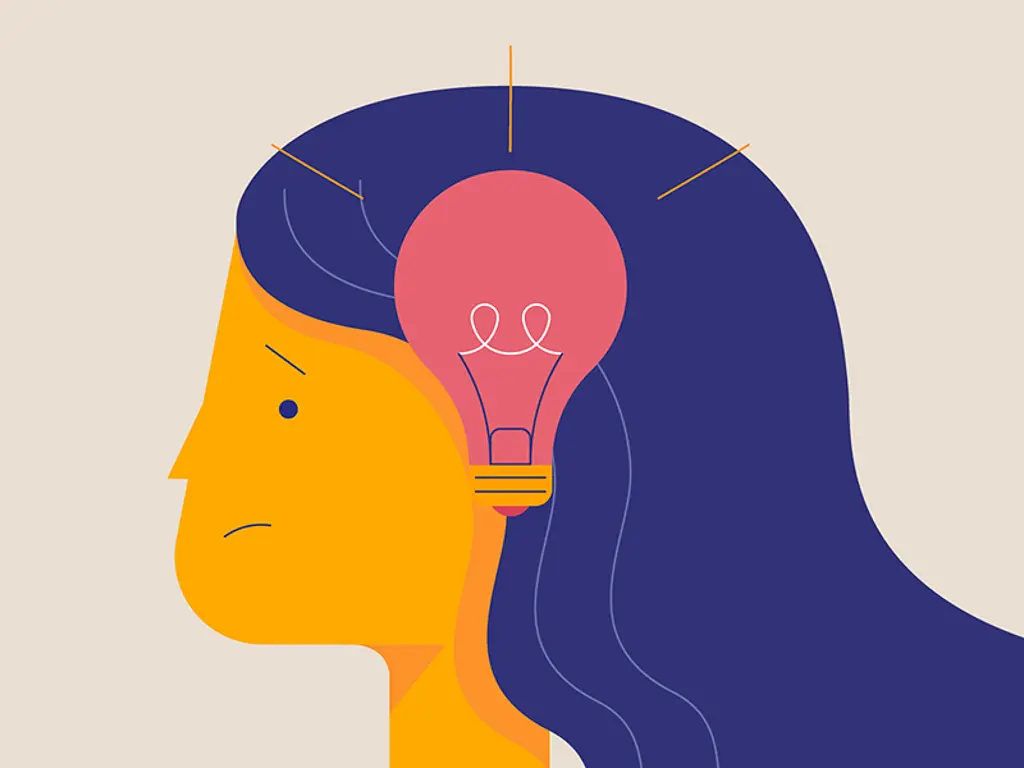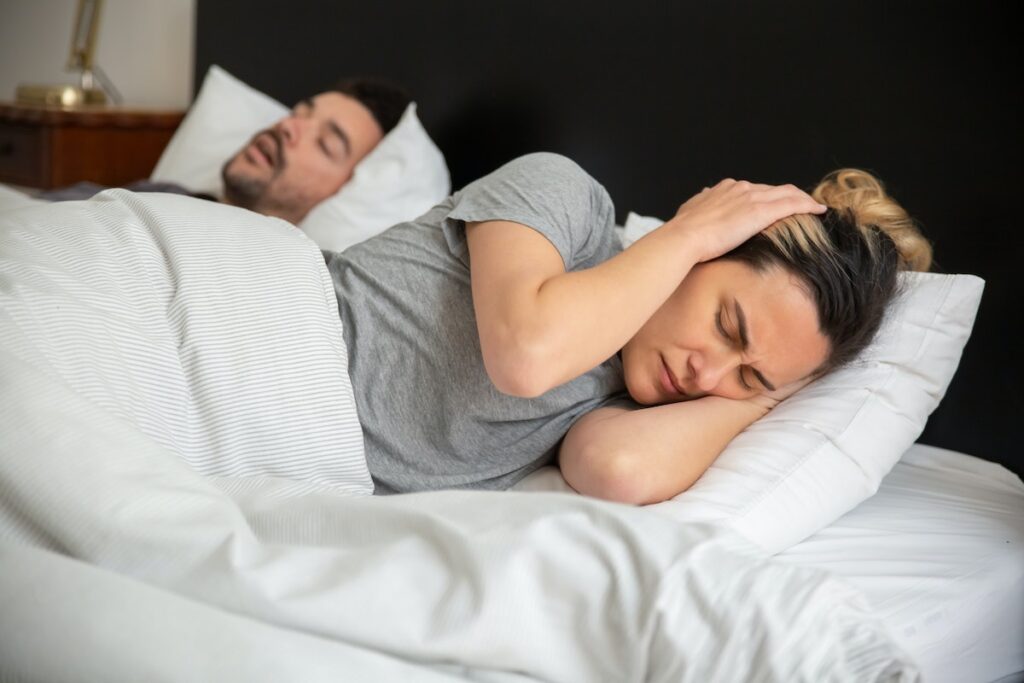
How Snoring Affects Your Sleep
Photo from Pexels
Snoring might be something you don’t even know that you do. After all, you’re asleep when you do it. However, even though it happens at night, it can affect your sleep. In turn, it also impacts your day. You need to know whether or not you’re snoring, how it might be impacting you, and what you can do about it.
How Can You Know You’re Snoring?
Snoring can be diagnosed in three different ways. First, you might record yourself or just get confirmation from those you live with. Second, your sleep doctor can usually know whether or not you likely snore after looking you over.
According to My Cleveland Clinic, the only real way to diagnose snoring is through an overnight sleep study. That is a clinical opportunity for doctors to get data regarding not just snoring you might do but also brain wave activity, heart rate, sleep movements, and breathing patterns.

How Does Snoring Impact Your Sleep?
WebMD suggests that snoring itself doesn’t necessarily indicate complications. However, it can be strongly associated with obstructive sleep apnea, or OSA, which does have complications that hurt your health.
One common aspect of OSA with snoring is waking up from sleep frequently. You might not remember doing it, but if it happens enough, it can interrupt the deep REM sleep you need to be at your best the next day. You get lots of sleep, but it’s light sleep instead of the really restorative sleep you require.
Heart strain is also a possibility. Your blood pressure can go up, making it harder for your heart to pump oxygen and nutrients throughout your body, impacting your metabolism and health. Your heart might even get physically larger, and that can be a risk factor for stroke, heart attack, and congestive heart failure.
If the quality of your nightly sleep goes down enough, you might be at a higher risk of car accidents during the day. Watch out for this by looking for signs of a sore throat when you wake up, morning headaches, drowsiness during the day, and difficulty concentrating.
One of the worst aspects of snoring might simply be the anxiety it causes. You can’t really know for yourself while you’re sleeping if you’re doing it, so you worry about the unknown. Even those around you might not want to tell you how bad it is because they want to be nice about it.
What Can You Do About It?
Would you like to know how to stop snoring? Your doctor is a good bet to explore specialist help and potential treatment options. What you personally might be a good candidate for can vary, but there are four common possibilities that go past the home remedies of decongestants and nasal strips.
If your snoring is the result of sleep apnea, then a CPAP machine is usually the first thing sleep doctors prescribe. These are considered the gold standard treatment option and have the highest success rate. You’ll likely spend a night in a sleep study center to determine what level of continuous air pressure you need to breathe freely all night, which your CPAP machine would then deliver.
A second option exists for patients when CPAP technology isn’t appropriate or doesn’t work. A nighttime mouth guard can position your jaw in such a way that you breathe easily all night long. These devices are usually custom creations involving a dental professional.
Another possibility is Invisalign treatment. That might open up your dental airways enough for breathing to happen easier. Hopefully, there’s enough impact to reverse your snoring and other sleep issues.
One very modern possibility is using laser technology in new ways. This technique would open up your airway more than it is now. The hope is that you’d be able to breathe easily at night without any devices or technology while you sleep.
Conclusion
Your snoring might not just be impacting your own sleep. If it’s loud enough, it might also influence anyone you share a bedroom or even a home with. Fortunately, you can get the problem diagnosed in terms of severity and cause. There are also potential treatment options you can explore that mitigate what snoring does to your sleep. Now that you’ve learned how snoring affects your sleep, you can take steps to adjust your nightly routine.




